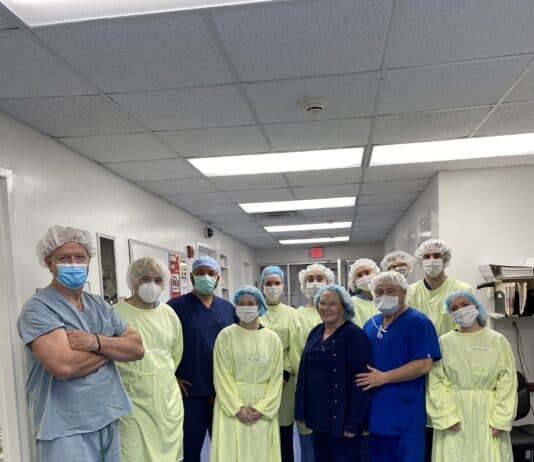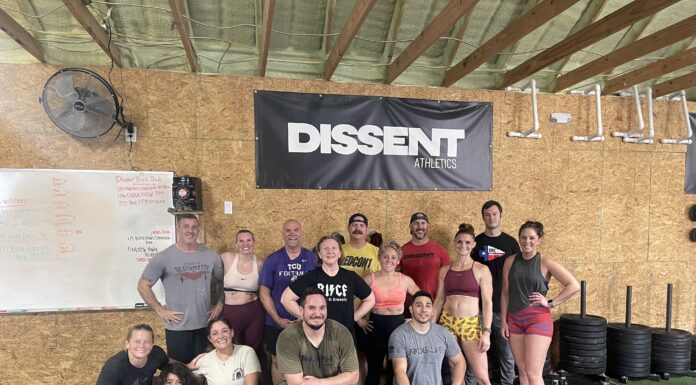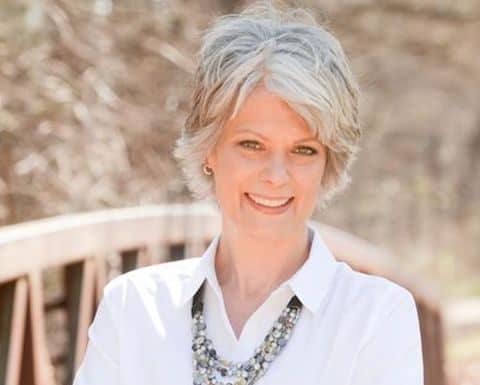Press release Tarrant County District Attorney …
Tarrant County Criminal District Attorney Sharen Wilson recognizes the joint Tarrant County effort that resulted in a successfully tried felony case to verdict – the first since COVID-19 shut down courts in March.
The Supreme Court of Texas suspended jury trials in Texas in March due to the COVID virus. That order was extended several times, with a few exceptions. Overall, courts are not allowed to hold jury trials before December 1.
Last week, visiting Judge Elizabeth Berry oversaw the trial where defendant Randy Estrada was found guilty of three counts of indecency with a child by sexual contact and received three 20 year sentences.
This case received special permission to move forward at the defendant’s request because of his status under the Interstate Agreement on Detainers Act, which requires a person to be taken to trial within 180 days of arrival in the county.
The State Office of Court Administration signed off on this trial moving forward, as did the Tarrant County Public Health Department.
“I respect the hard work that it took to make this trial happen and maintain the safety of our citizens so we could do our job-seeking justice,” Wilson said.
Safety precautions were initiated and put in place by 371st District Judge Mollee Westfall. 324th District Judge Jerome Hennigan appointed Berry to preside over the case. Regional Presiding Judge David Evans approved the operating plan for conducting jury trials that Judge Hennigan submitted.
To allow for social distancing, jury selection took place in the Central Jury Room instead of a courtroom and 12 jurors were selected from a pool of 70. Jury deliberation took place in a vacant full-sized courtroom instead of a small jury room.
During the entire trial, everyone in the courtroom was required to wear face shields and masks, social distance and have their temperature taken every day. The number of people allowed in the courtroom was limited, and jurors were spread out throughout the gallery instead of sitting in the jury box.
The trial was broadcast into a nearby courtroom for any observers to watch. In that second courtroom, one person per bench was allowed, with the potential for only about 15 people to be present. Observers had to fill out a COVID-19 questionnaire and have their temperature taken before being allowed in.
“Trying a case during a pandemic presents unique obstacles,” said Danielle Bonanno, the assistant criminal district attorney who prosecuted the case along with ACDA Matthew Jackson. “The precautions set forth thankfully allowed us to seek justice for this victim.”





































